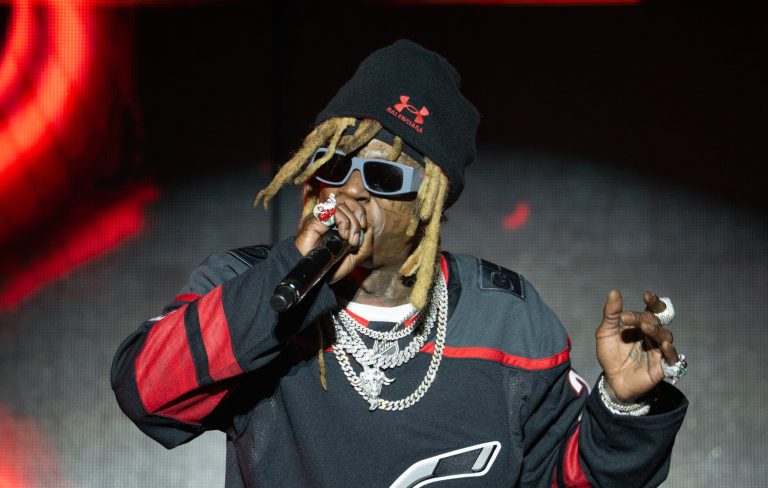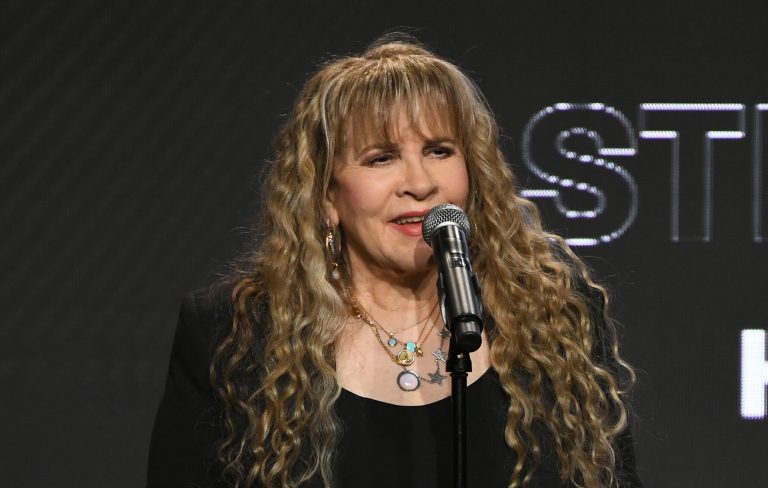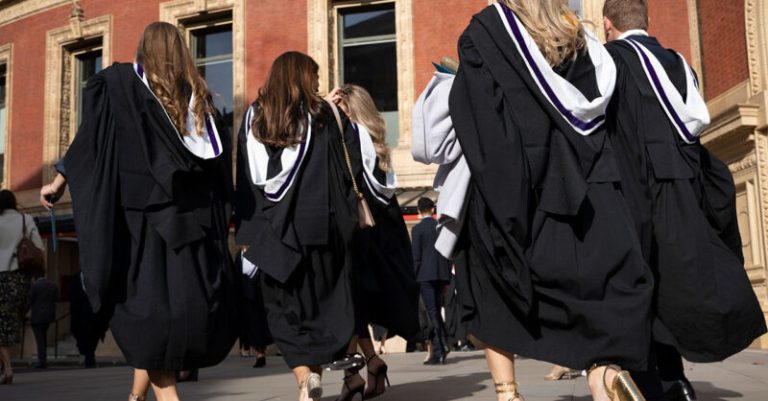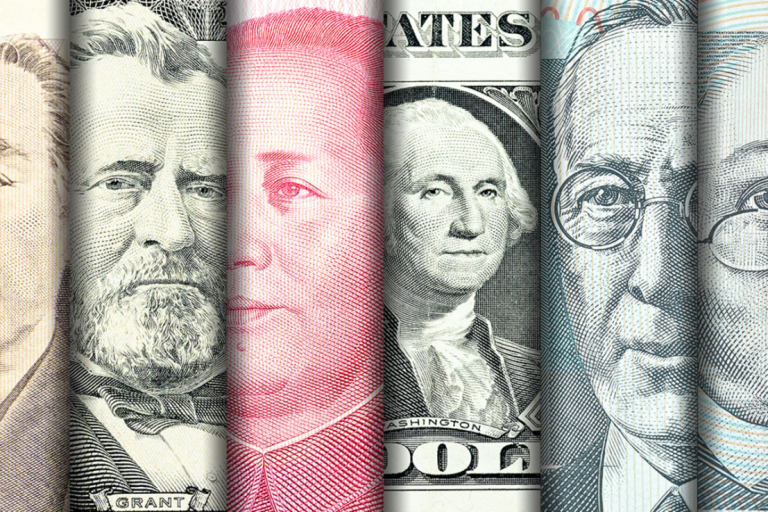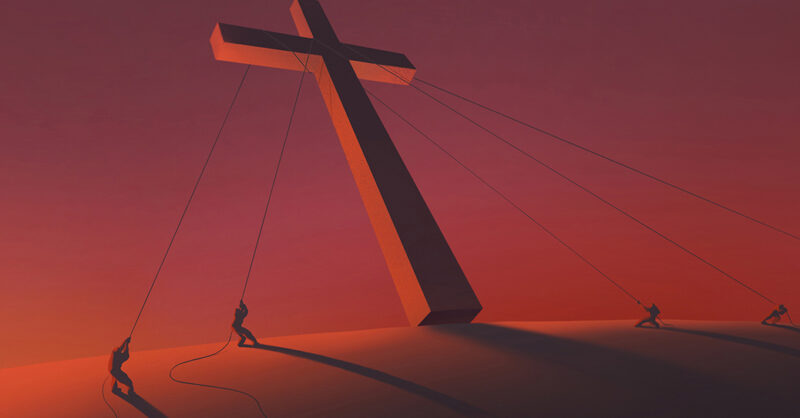
The Realism of Religion in the Modern West
As contemporary society navigates through a period of unprecedented change and complexity, there’s a renewed focus on the intricate relationship between politics, philosophy, and religion. Within this landscape, the applicability of religious principles, particularly those rooted in Judaeo-Christian traditions, arises in conversations about the future direction of Western societies. A pivotal question emerges: Can religion offer a foundation for renewal amidst the tremors shaking the very bedrock of liberal humanism?
The Erosion of Liberal Humanism
The decline of liberal humanism marks a discernible shift in the ideological underpinnings that have guided the West for centuries. Once propelled by the belief in moral universality and linear progress, many liberal ideals are now seen as outdated and insufficient in addressing the multifaceted crises of modernity. The core tenets, which include a steadfast commitment to reason, individual rights, and democratic values, appear incongruent with a world where conflicting narratives and identities vie for primacy.
This erosion is not solely a reflection of external pressures but also stems from an internal schism. The once cohesive narrative of progress and enlightenment faces challenges from both hyper-liberalism and a resurgence of nationalist and religious sentiments. In confronting these tensions, Western societies grapple with conceptualizing a future that preserves cherished values while adapting to new realities.
The Misinterpretation of Christian Ethics
The role of Christianity in shaping Western ethos is undeniable. Yet, as argued by historian Tom Holland, many modern values, ostensibly secular, have deep Christian roots. The upheaval observed in today’s socio-political climate, often termed « woke culture, » in fact mirrors an extremized form of these Christian values. Stripped of traditional doctrines like forgiveness and original sin, such movements have morphed into a form of ideological zealotry, demanding punitive measures for perceived transgressions while eschewing the foundational teachings of Christianity.
This detachment points to a larger existential issue—without its metaphysical moorings, the West’s ethical framework flounders. What remains is a fractured, ineffective attempt to sustain a moral economy underpinned not by divine or historical gravitas, but by transient social convictions.
The Political and Cultural Repercussions
Globally, the repercussions of a diluted moral structure are palpable. Political rhetoric invoking the promises of equality and inclusion, as seen in various international contexts, often falls prey to the allure of performative coherence rather than substantive change. In Syria and elsewhere, promises of an egalitarian future frequently mask underlying agendas, resulting in cycles of violence and instability once the facades crumble.
The disenchantment with secular liberalism extends to its charismatic decline in the face of intensifying populism. From the volatility of American politics, where tech futurists rub shoulders with religious fundamentalists, to the strategic assertiveness observed in Russian and Chinese foreign policies, the failing grip of liberalism is evident. In these spaces, pragmatism mingles with new fervors, creating a volatile geopolitical climate.
The Role of Religion and Tradition
The notion that a revival of religious sentiment could remedy the West’s moral and cultural decline is contentious. Nevertheless, there’s an argument to be made for the recuperation of the philosophical wisdom embedded within religious traditions. The pragmatic roots of Christianity, emphasizing humility and shared humanity, offer a counterbalance to the materialistic pursuits that dominate current dialogues.
As global dynamics evolve, the return to pragmatic tradition—one that embraces human imperfections and sees political endeavors as mechanisms for navigating, rather than eradicating, life’s inherent adversities—could offer guidance. The challenge lies in discerning which aspects of these traditions are applicable to modern circumstances, avoiding the pitfalls of nostalgia while fostering genuine progress.
In sum, the debate concerning the realism of religion in contemporary political discourse reflects a broader quest for meaning and stability within the chaotic churn of modernity. It beckons intellectuals and policymakers alike to confront deep-seated philosophical issues—a task that is as urgent as it is enduring.
